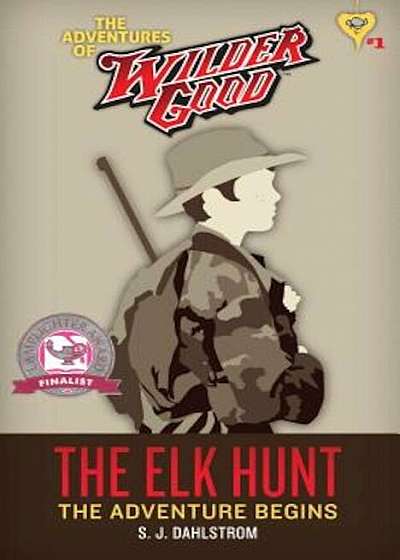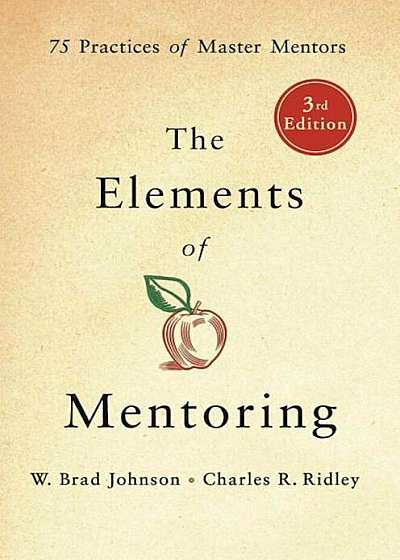
On Being a Mentor: A Guide for Higher Education Faculty, Paperback/W. Brad Johnson
Descriere
On Being a Mentor is the definitive guide to the art and science of engaging students and faculty in effective mentoring relationships in all academic disciplines. Written with pithy clarity and rooted in the latest research on developmental relationships in higher educational settings, this essential primer reviews the strategies, guidelines, and best practices for those who want to excel as mentors. Evidence-based advice on the rules of engagement for mentoring, mentor functions, qualities of good mentors, and methods for forming and managing these relationships are provided. Summaries of mentorship relationship phases and guidance for adhering to ethical principles are reviewed along with guidance about mentoring specific populations and those who differ from the mentor in terms of sex and race. Advice about managing problem mentorships, selecting and training mentors, and measuring mentorship outcomes and recommendations for department chairs and deans on how to foster a culture of excellent mentoring in an academic community is provided. Chalk full of illustrative case-vignettes, this book is the ideal training tool for mentoring workshops. Highlights of the new edition include: Introduces a new model for conceptualizing mentoring relationships in the context of the various relationships professors typically develop with students and faculty (ch. 2). Provides guidance for creating a successful mentoring culture and structure within a department or institution (ch. 16). Now includes questions for reflection and discussion and recommended readings at the end of each chapter for those who wish to delve deeper into the content. Best Practices sections highlight the key takeaway messages. The latest research on mentoring in higher education throughout. Part I introduces mentoring in academia and distinguishes mentoring from other types of relationships. The nuts and bolts of good mentoring from the qualities of those who succeed as mentors to the common behaviors of







